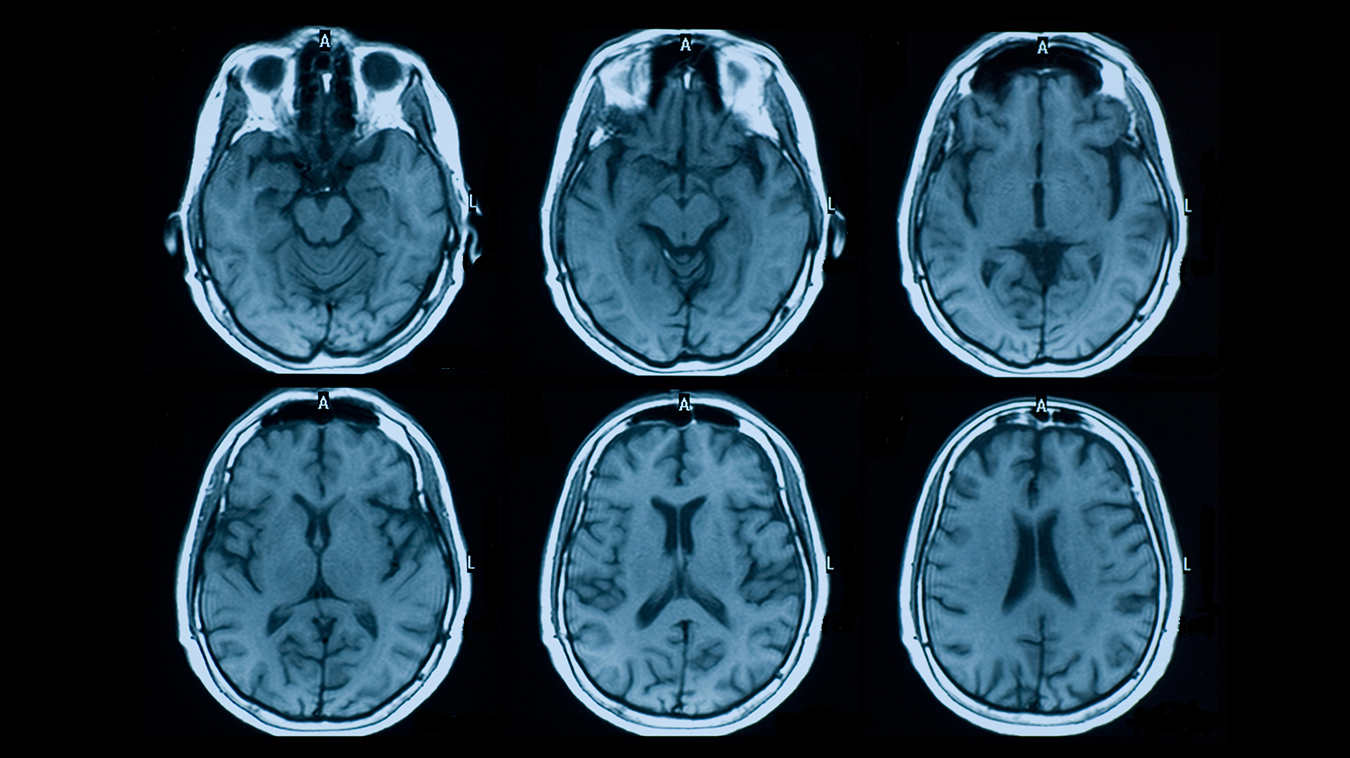A Scientific Study Reveals the Ability of MRI to Measure the Speed of Aging

A recent scientific study revealed the possibility of determining the biological aging speed of the body through a single image of the brain using MRI, where researchers developed a new tool capable of predicting future health risks such as dementia, heart disease, and early death.
Dr. Ahmed Al-Hariri, a professor of psychology and neuroscience at Duke University and the principal investigator of the study published in the journal Nature Aging, explained that this tool, named DunedinPACNI, offers an innovative way to measure the pace of aging at any age using neuroimaging data.
The study relied on analyzing data from a group of participants in New Zealand who were followed from birth to midlife, where researchers examined MRI images of their brains at the age of 45 using artificial intelligence techniques to study structural changes in the brain and correlate them with other aging indicators such as physical and cognitive functions.
The results confirmed that individuals showing signs of accelerated brain aging are more likely to suffer from chronic diseases, which aligns with the conclusions of previous aging measurement tools such as DunedinPACE that rely on genetic analyses.
To ensure the accuracy of the results, researchers tested the new tool on diverse datasets that included tens of thousands of MRI images from various sources around the world, proving its effectiveness in estimating aging rates across different age and ethnic groups.
Experts believe that this tool represents an important addition to the field of preventive medicine, as it could contribute to the development of more accurate diagnostic methods for the early detection of aging-related diseases, opening new horizons for personalized medical interventions.